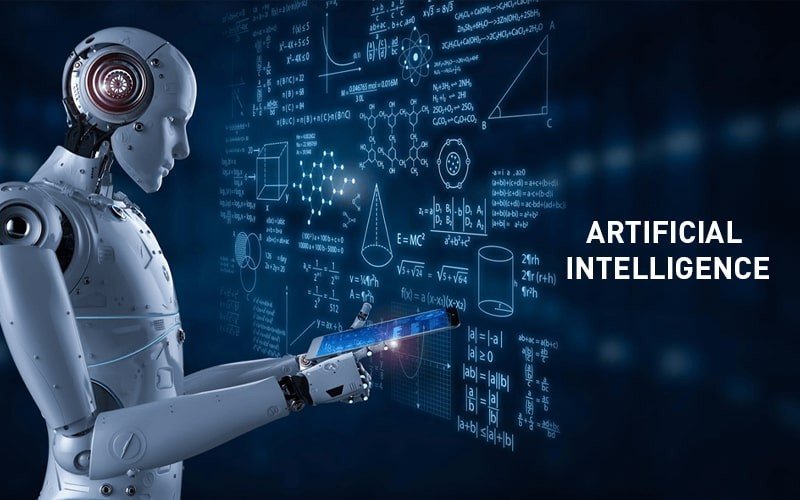The Rise of Artificial Intelligence
Artificial Intelligence (AI) has rapidly advanced in recent years, revolutionizing industries and transforming the way we live and work. From virtual assistants like Siri and Alexa to self-driving cars and advanced medical diagnostics, AI is becoming increasingly integrated into our daily lives. As we look towards the future, the potential of AI to shape our world is both exciting and daunting.
Pros of AI
One of the key benefits of AI is its ability to automate tasks that are time-consuming or dangerous for humans. This can lead to increased efficiency and productivity in various sectors, such as manufacturing, healthcare, and transportation. AI can also help in making more accurate and data-driven decisions, leading to improved outcomes in areas like financial trading, weather forecasting, and personalized recommendations.
In the healthcare industry, AI is being used to analyze medical images, detect diseases at an early stage, and personalize treatment plans for patients. This has the potential to save lives and improve healthcare outcomes. AI-powered virtual assistants are also becoming more sophisticated, providing personalized assistance and enhancing the user experience in various applications.
Cons of AI
Despite its numerous benefits, AI also poses several challenges and risks. One of the main concerns is the potential impact on jobs, as automation could lead to job displacement in certain industries. This could widen the gap between skilled and unskilled workers, leading to social and economic disparities. Additionally, there are ethical concerns surrounding AI, such as bias in algorithms, invasion of privacy, and lack of transparency in decision-making processes.
Another challenge is the potential misuse of AI for malicious purposes, such as cyber attacks, misinformation campaigns, and surveillance. As AI systems become more advanced, there is a growing need for regulations and safeguards to prevent misuse and ensure accountability.
Facilities Provided by AI
AI has already transformed various industries and has the potential to revolutionize many more in the future. In healthcare, AI is being used for personalized medicine, drug discovery, and predictive analytics. In transportation, AI is powering autonomous vehicles, optimizing traffic flow, and improving safety on the roads. In finance, AI is being used for fraud detection, risk assessment, and algorithmic trading.
AI is also enhancing customer experiences through chatbots, recommendation engines, and personalized marketing. E-commerce platforms are using AI to analyze customer behavior, predict buying patterns, and offer targeted promotions. In education, AI is being used for personalized learning, adaptive assessments, and virtual tutoring.
Hurdles in the Path of AI Advancement
While AI has the potential to bring about significant advancements, there are several obstacles that need to be addressed. One of the main challenges is the lack of transparency and accountability in AI systems. As AI algorithms become more complex and autonomous, it becomes difficult to understand the reasoning behind their decisions. This could lead to unintended consequences and undermine trust in AI systems.
Another hurdle is the ethical implications of AI, including issues related to bias, privacy, and security. AI systems are only as good as the data they are trained on, and biased data can lead to biased outcomes. It is crucial to ensure that AI systems are fair, transparent, and accountable to avoid perpetuating existing inequalities and injustices.
Furthermore, there is a growing need for regulations and standards to govern the development and deployment of AI technologies. This includes guidelines for data privacy, algorithmic transparency, and ethical use of AI. By addressing these challenges, we can harness the full potential of AI while mitigating its risks and ensuring a more equitable and sustainable future.
In conclusion, the future with artificial intelligence holds immense promise for innovation and progress across various industries. However, it is crucial to address the challenges and risks associated with AI to ensure that its benefits are realized in a responsible and ethical manner. By adopting a human-centric approach to AI development and deployment, we can shape a future where AI enhances our lives and empowers us to create a more inclusive and equitable society.







